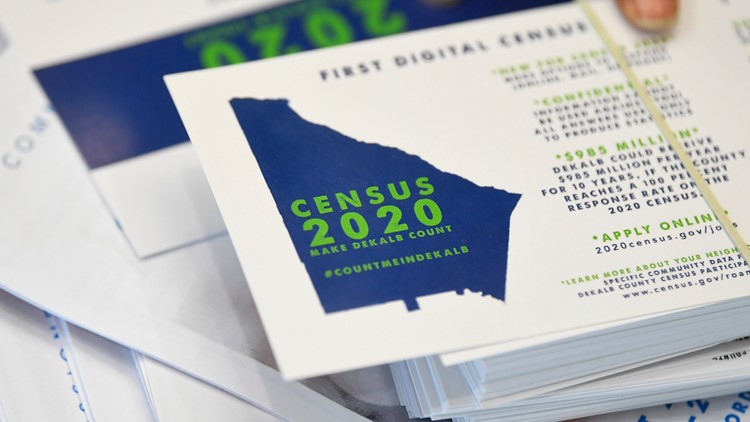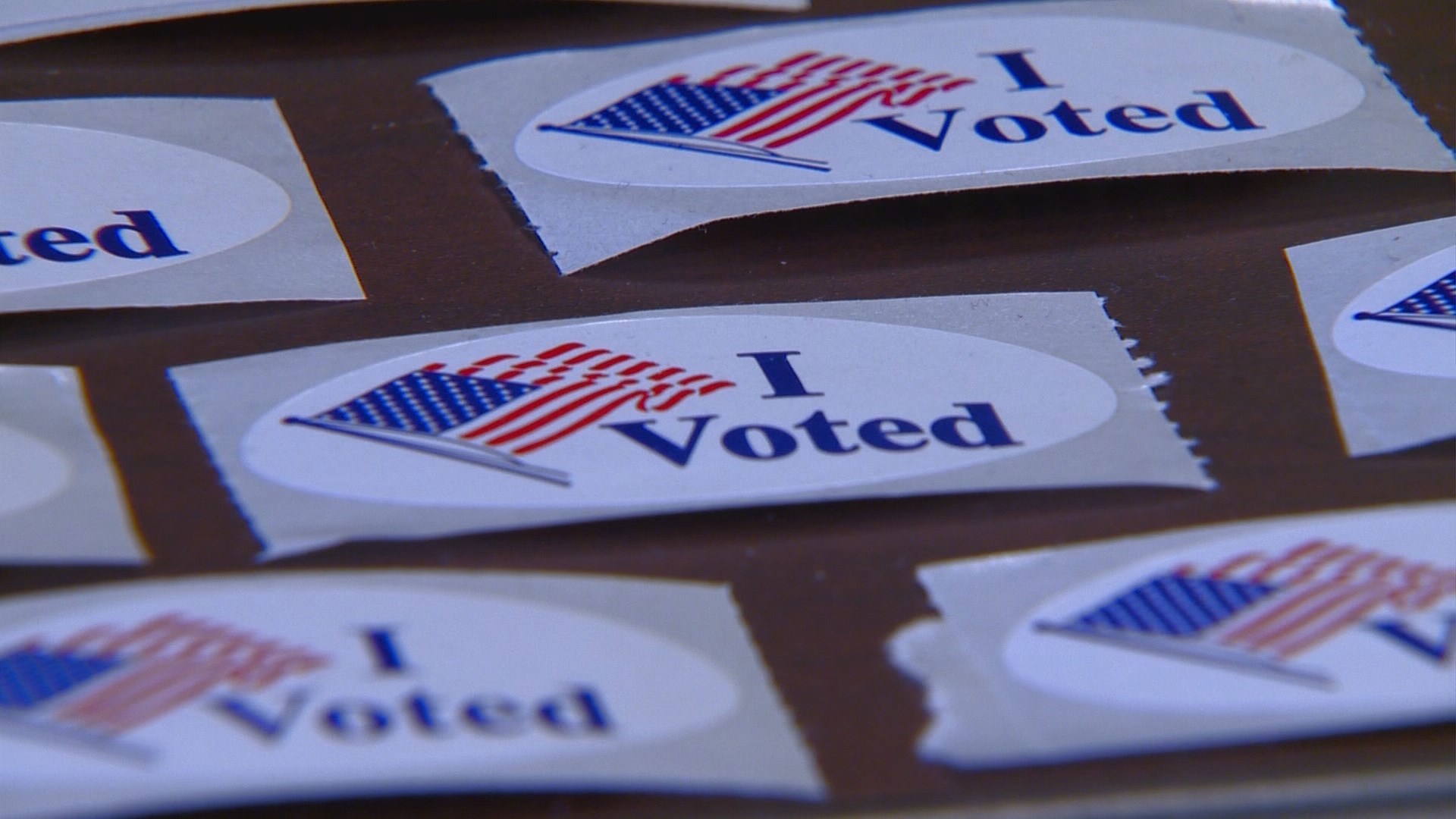NAMPA, Idaho — The U.S. Census Bureau announced last month that it would be sending requests to states asking them to share driver’s license records, following a Trump administration executive order to expand the use of federal, state and local administrative records.
The U.S. Census Bureau told the Idaho Press Friday that Idaho would not be sharing state driver’s license records with the bureau.
The Washington Post reported in October that Alaska, Illinois, Indiana, Maine and Oregon announced they would not comply with the information requests. Nebraska announced this week it would also comply.
The Idaho Complete Count Committee met for the first time in July, and has met one other time since, to address how to reach historically hard-to-count groups.
In the July meeting of the committee, Wendy Jaquet, former state legislator and co-chairwoman of the committee, said she is most concerned with an undercount of immigrants and people born outside of the United States.
“I think there is a lot of fear about, ‘What does it mean, will I get deported if I do the census?’” Jaquet told the Idaho Press in July. “Those are the reasons why I think we will be undercounted.”
The fear comes after the Trump administration pushed for a citizenship question to be added to the 2020 Census. The Supreme Court decided earlier this year not to include the question.
Following that decision, the administration signed an executive order that expanded the use of administrative records by the Census Bureau.
According to an NPR report, the request for driver’s license records is part of the Trump administration’s efforts to produce detailed data about the U.S. citizenship status of every person living in the country.
NPR also reported that in September, the president of the American Association of Motor Vehicle Administrators, Anne Ferro, sent an email to the group’s members to tell them that the Census Bureau was asking for monthly data about citizenship information, names, addresses, dates of birth, sex, race and eye color.
The Census Bureau said in the statement that its officials “regularly enter into agreements to receive administrative records from many federal, state and local governments to provide quality statistics to the American public.”
The statement also said that when the bureau gets the records, it does not have any personal identifiable information and that the agency, by law, cannot share any data with government or law enforcement.
More from our partner Idaho Press: Treasure Valley steps up to support farm program for refugees
Watch more 'Growing Idaho':
See them all in our YouTube playlist:




